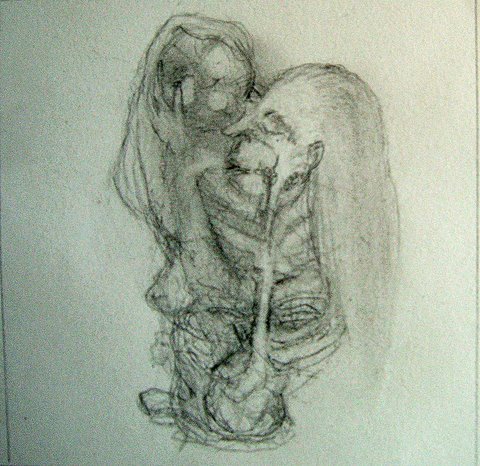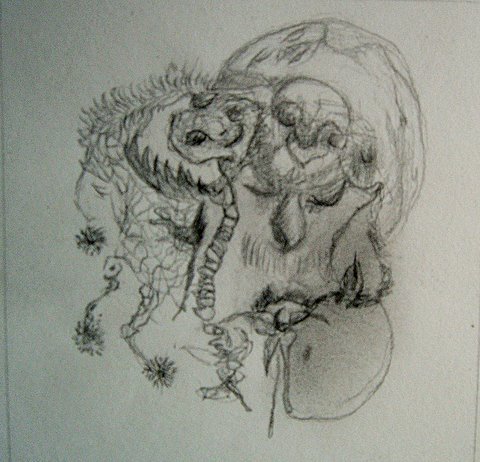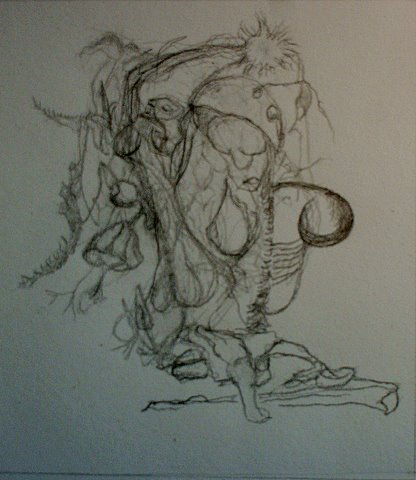Queen Mab is a machine-based mantra in homage to the working class tradition and Gordon Mumma. I'd been reading Shelley and Douglas Kahn's Earth Sound, Earth Signal when the materials coalesced. These are very strong waves in low frequency spectrum and you will have a better experience with stand alone speakers, adjusting to your preferred volume level.
Listen to the track here
"He was animated to greater zeal by compassion for his fellow-creatures. His sympathy was excited by the misery with which the world is bursting. He witnessed the sufferings of the poor, and was aware of the evils of ignorance. He desired to induce every rich man to despoil himself of superfluity, and to create a brotherhood of property and service, and was ready to be the first to lay down the advantages of his birth. He was of too uncompromising a disposition to join any party. He did not in his youth look forward to gradual improvement: nay, in those days of intolerance, now almost forgotten, it seemed as easy to look forward to the sort of millennium of freedom and brotherhood, which he thought the proper state of mankind, as to the present reign of moderation and improvement. Ill health made him believe that his race would soon be run; that a year or two was all he had of life. He desired that these years should be useful and illustrious. He saw, in a fervent call on his fellow-creatures to share alike the blessings of the creation, to love and serve each other, the noblest work that life and time permitted him. In this spirit he composed Queen Mab."
-- P.B. Shelley
"Sound” allowed Mumma mobility between literature, theater, and music, and his DIY abilities opened new possibilities in compositional practice and live electronic music. He could modify anything and construct “instruments that had no cultural precedence.” He recalls, “I had no—this is important—no cultural precedence imposing upon me to make sounds or music or whatever.” In the late-1950s, there were not very many musical works to emulate, even if he had wished to do so. “I had no repertory except my own,” he says. This no doubt freed him to compose music from among the sounds of his daily life that, in the early 1960s, happened to be the laboratory sounds of earthquakes and underground nuclear explosions he encountered at his day job.
-- Douglas Kahn, Earth Sound, Earth Signal: Energies and Earth Magnitude in the Arts









No comments:
Post a Comment